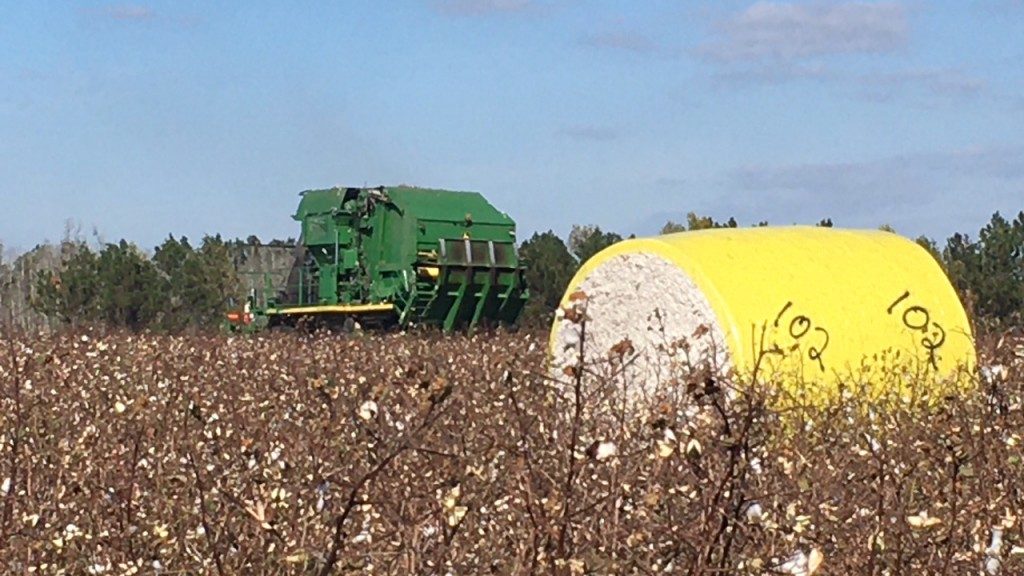Recent Posts
-

Keys to successful establishmentBy Jeremy Kichler, Colquitt County CEC Forage establishment can be frustrating but can be successful if you have a plan. Forage establishment techniques can vary depending upon forage species, location, soil type, pasture situation and intended use. Good establishment techniques are essential to getting good high yielding forage stands. Let’s look at…
Posted in: Uncategorized -

Let Us Help You Do you have any Special product promotions?Offer Home Delivery?Offer Curb Side Pickup? LET US HELP YOU GET THE WORD OUT Complete this form (https://bit.ly/ag-connect) and we’ll promote it to the public through our website (https://t.uga.edu/5TB) and the social media accounts of our extensive network of county Extension offices throughout the state.
Posted in: Uncategorized -
-
-
Below are common questions that I have been receiving from area producers.. How do I control volunteer peanuts in field corn? According to the 2020 UGA Corn Production guide, volunteer peanut plants can be one of the most difficult weeds to control in field corn. Peanut plants are sensitive to POST applications of glufosinate (Liberty),…
-
By Drs. Tim Brenneman and Bob Kemerait We have received many questions in recent days pertaining to the quality issues facing our peanut seed supply in 2020 and relative performance of seed treatments Dynasty PD and Rancona. Dynasty has been our main seed treatment for years, but Rancona has always looked good in trials. As…
Posted in: Peanuts -
Below are a few words from Phillip Roberts, UGA Cotton Entomologist. Thrips are consistent pests of cotton, infesting near 100 percent of Georgia cotton each year. Thrips are the only insect pest of cotton that a preventive insecticide is recommended. A preventive insecticide should be used at planting for thrips control. UGA recommends a reactive…
-
Plant parasitic nematodes, to include the southern root-knot, the reniform, the sting, and the Columbia lance nematodes, are important pests that reduce yields in our cotton fields across Georgia every year. Seedling disease, especially when caused by Rhizoctonia solani, and, to a lesser degree, Pythiumand other fungal pathogens, is a potential problem in every field…
Posted in: Uncategorized -
Below are a few words from Dr. Bob Kemerait, UGA Peanut Plant Pathologist about early season diseases and nematodes. When asked about their disease management program, growers will likely focus on the fungicides that they will use over the course of a season to protect their crop from leaf spot, white mold, and possibly a…
Posted in: Peanuts -
This time of year I get a lot questions about home garden tomatoes at the Colquitt County Extension office. Lets discuss some tomato growing tips. • Get a soil test!! Soil samples can be taken to the Colquitt County Extension Office. • Tomatoes require a soil with a pH in the range of 6.2 to…
Posted in: Gardening
